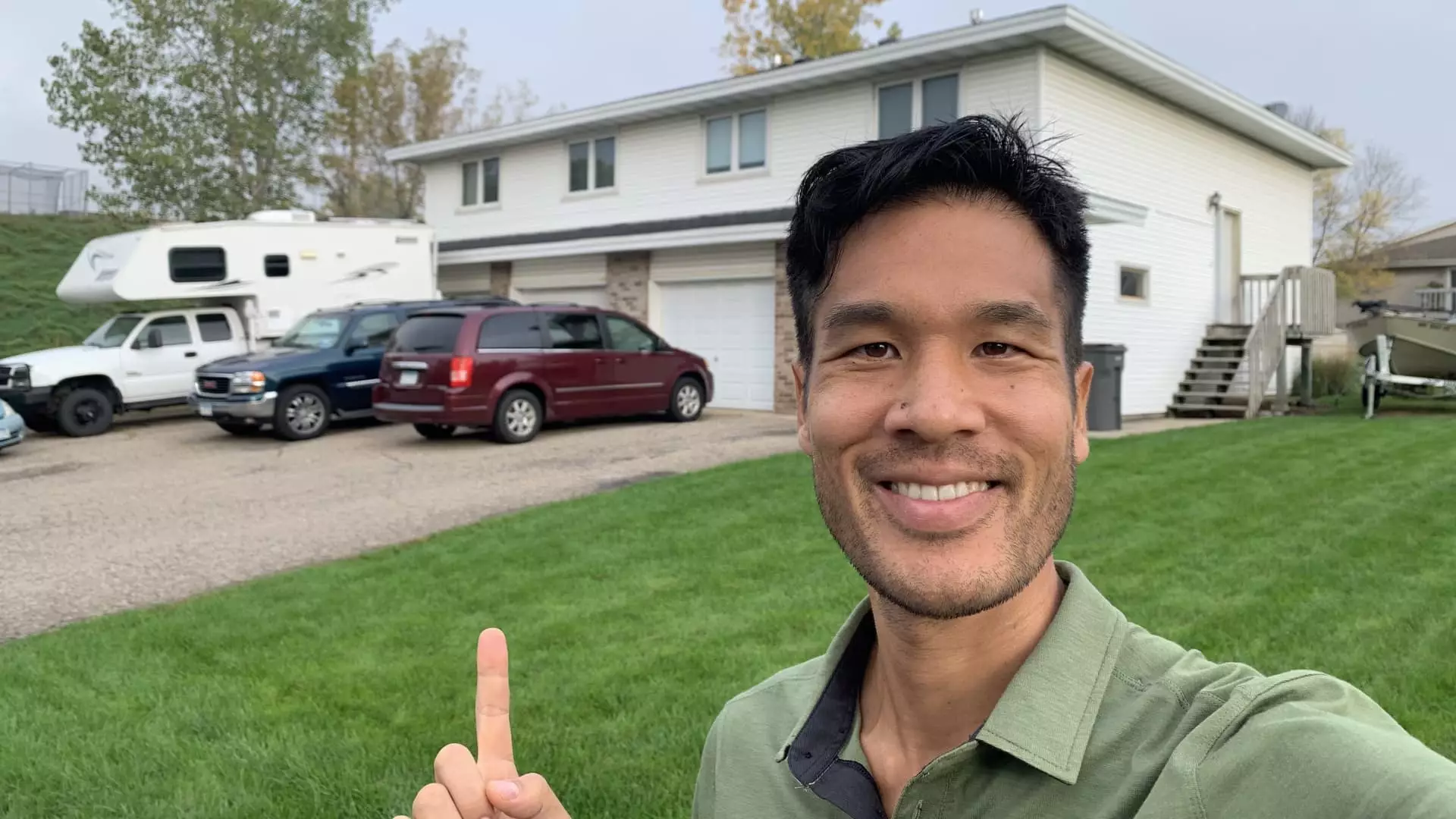Financial independence is a goal that resonates differently with everyone. For some, it means having sufficient savings to retire early, while for others, it could indicate the freedom to pursue passions without the constraint of a traditional job. Regardless of personal definitions, a common thread binds successful journeys toward this objective: prudent financial management, disciplined saving, and strategic investing. Shu Matsuo Post exemplifies these principles succinctly through his remarkable achievement of constructing a $2 million real estate portfolio.
At the age of 38, Shu Matsuo Post embodies what many aspire to achieve. Through a combination of dedication and discipline, he has crafted a life where financial stability allows him to prioritize personal satisfaction over obligatory work. Central to his approach is a fundamental tenet: living below one’s means. Post, alongside his wife, routinely allocated over half of their joint income toward real estate investments. Such a commitment, sustained over seven years, showcases a level of discipline that is essential in the pursuit of financial freedom. According to insights gleaned from CNBC Make It, this focused financial strategy facilitated the growth of a substantial real estate portfolio, comprised of nine properties spread across the U.S. and Japan.
Matsuo Post’s path to financial independence did not follow a linear trajectory. Initially raised in Japan and later moving to the United States at 15, he engaged in a variety of professions, ranging from journalism and retail to technology. This diverse background enriched his perspective and perhaps even influenced his investment approach. After an extensive eight-year stay in the U.S. for his education and employment, Matsuo Post returned to Japan, where he later combined finances with his wife Christina. Importantly, their financial journey included careful consideration and strategic experimentation with different investment types, starting with index funds and ETFs before pivoting to real estate—this transition marked the beginning of a new chapter in their financial narrative.
For many, the leap from traditional investments to real estate might seem daunting, but Matsuo Post viewed it as a calculated risk with the potential for higher returns. The couple made a pivotal decision early in their marriage, opting to survive on Christina’s salary as an educator while saving Shu’s income entirely for investment purposes. This decision underscores an important aspect of their strategy: the power of focused saving. Over time, they managed to amass a considerable sum, exceeding $250,000, which laid the groundwork for their first property purchase.
In 2018, they acquired a duplex in Minnesota for $216,500, marking their entry into the real estate market. Within a year, their portfolio expanded further with three additional rental properties. These early successes not only provided them with tangible financial assets but also reinforced a belief in their investment strategy’s viability.
The journey towards financial independence is rarely devoid of challenges. In September 2022, Matsuo Post faced an unexpected layoff when his company ceased its operations. At this crossroads, many individuals would rush to find another job out of necessity. However, Post took a moment to reevaluate his priorities and financial standing. It became clear that his investments allowed him the flexibility to step away from traditional corporate employment altogether. This realization sparked the desire to engage in work that was not solely defined by a paycheck. He opted to launch a YouTube channel centered on real estate education, which has amassed over 100,000 subscribers.
Furthermore, he established the consulting firm Post FI, dedicated to aiding foreign investors interested in the Japanese property market. Post reflects on this transition positively, emphasizing that financial independence afforded him the luxury to choose meaningful work tied to his interests, rather than laboring strictly for financial gain.
Reflecting on his journey, Matsuo Post emphasizes several key principles that contributed to his success. First, he advocates the importance of investing in oneself—prioritizing education through reading, seminars, and mentorships. Additionally, he emphasizes the necessity to increase earning potential, noting that saving alone does not equate to wealth accumulation. Lastly, he underscores the merit of frugality, advising individuals to save more than 50% of their income whenever possible.
As many people pursue their financial goals, Matsuo Post’s story serves as an inspiring testament that with determination, strategic planning, and a commitment to learning, financial independence can be achieved, allowing for a life that aligns closely with one’s values and aspirations.

